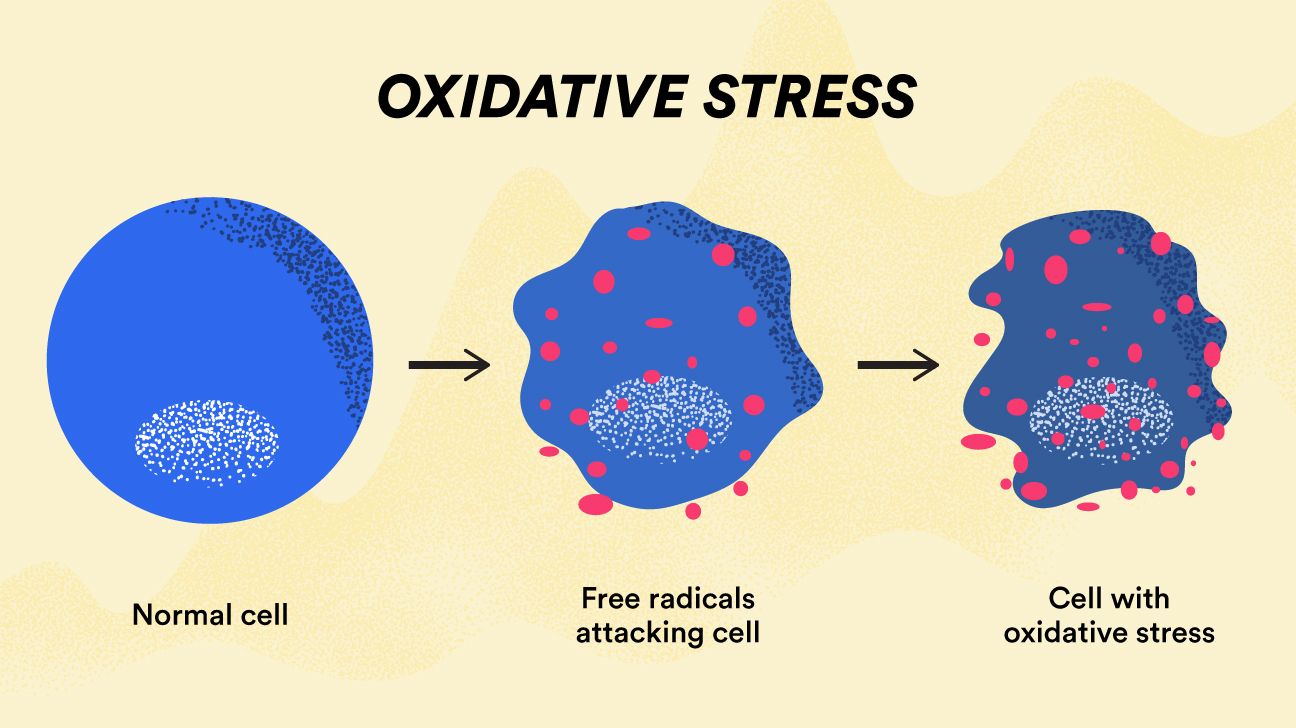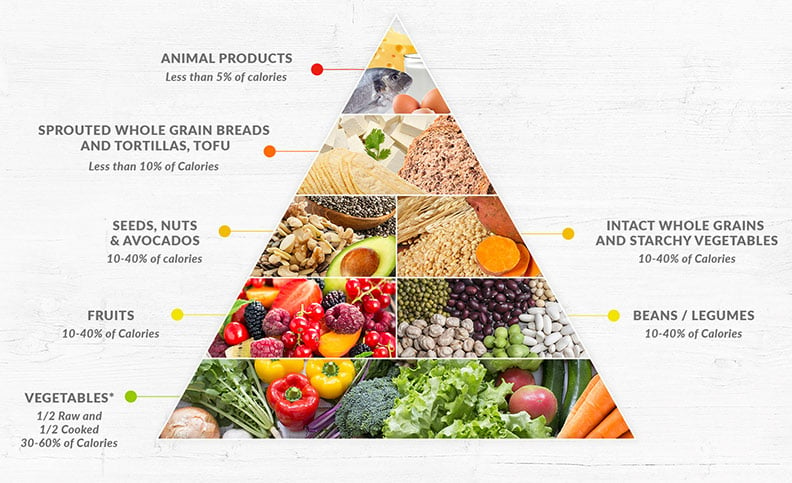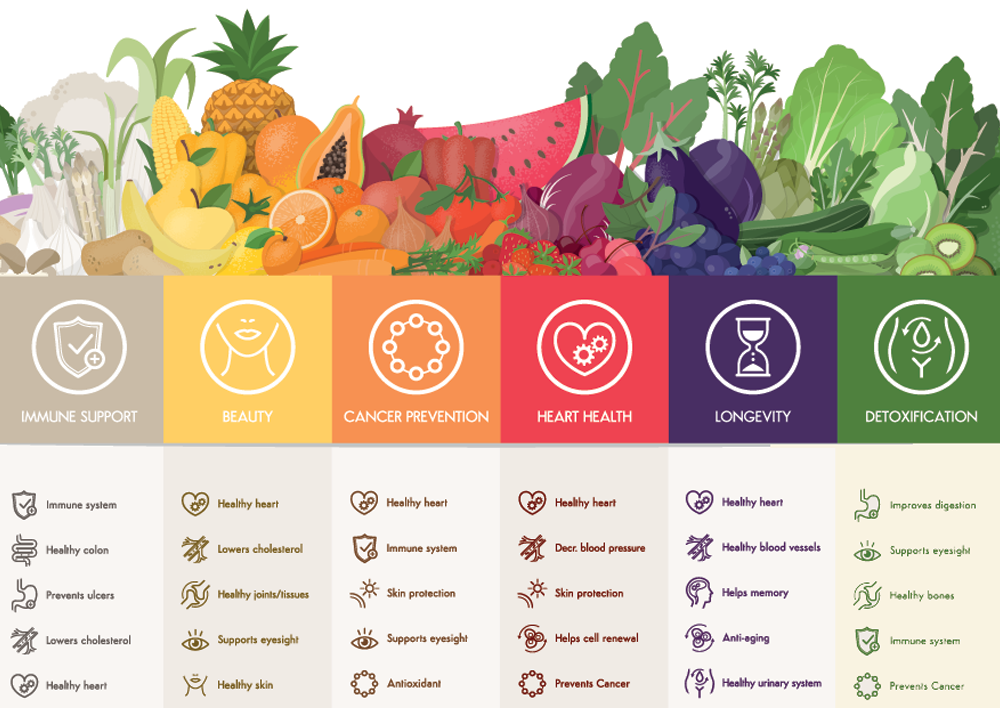We all want to age gracefully, feeling energized, thinking clearly, and looking like we actually slept last night. But here's the thing: your body is constantly under attack, even if you're living on green smoothies and good vibes. The culprit? Free radicals.
These tiny troublemakers are one of the biggest contributors to cellular aging, chronic disease, and fatigue. The good news? Your body has a built-in defense system, and it starts with antioxidants.
So, what do antioxidants do? How do they fight free radicals? And why are they a non-negotiable part of staying youthful and vibrant, especially if you’re not eating your weight in vegetables every day?
Let’s break it down.
What Are Free Radicals—and Why Should You Care?
Free radicals are unstable molecules created when your body processes food, reacts to environmental toxins (like pollution, smoking, or UV rays), or even just undergoes regular metabolism.
They’re missing an electron, which makes them reactive and destructive; they go around stealing electrons from healthy cells, causing damage in the process. This phenomenon is known as oxidative stress.

Over time, oxidative stress from free radicals builds up and contributes to:
- Wrinkles and sagging skin
-
Slower recovery and fatigue
-
Reduced cognitive function
-
Inflammation and chronic conditions
- Accelerated aging at a cellular level
In short, free radicals are why your skin looks different at 40 than it did at 20, even if you use the good moisturizer.
Antioxidants: Your Body’s Natural Bodyguards
So, antioxidants for free radicals—what do they do?
Antioxidants are compounds that can donate an electron to a free radical without becoming unstable themselves. This neutralizes the free radical and stops the chain reaction of cellular damage. Think of them as peacekeepers—they bring balance and stability to an otherwise chaotic situation.

They can come from the foods you eat, especially fruits and vegetables rich in flavonoids, polyphenols, and vitamins like C and E. But let’s be honest: are you really getting five cups of vegetables with antioxidants daily?
Spoiler: Most of us aren’t.
90% of Americans Don’t Get Enough Antioxidants
According to the USDA and the Dietary Guidelines for Americans, about 90% of people don’t consume enough vegetables, and 80% fall short on fruit. That’s a problem because colorful plants are your richest source of dietary antioxidants.
You’re supposed to be getting around 2.5 cups of vegetables and 2 cups of fruit every day on a 2,000-calorie diet. But unless you’re meal-prepping like a nutritionist, it’s hard to hit that mark, especially when cost, convenience, and taste get in the way.
 In fact, the USDA's Economic Research Service found that while some fruits and vegetables cost less than $0.50 per cup equivalent, many others—especially the antioxidant-rich ones—cost significantly more. For example:
In fact, the USDA's Economic Research Service found that while some fruits and vegetables cost less than $0.50 per cup equivalent, many others—especially the antioxidant-rich ones—cost significantly more. For example:
- Fresh spinach: $1.77 per cup
- Frozen asparagus: $2.62 per cup
- Blueberries (not even the organic kind): often over $3 per pint
That means getting your antioxidants from food alone is not only tough—it’s expensive.
Why Antioxidants Matter for Healthy Aging
Here’s the real kicker: oxidative stress caused by free radicals is linked to 85.4% of the top 10 leading causes of death in the United States. That includes heart disease, stroke, Alzheimer’s, cancer, and diabetes.
Antioxidants don’t just make you feel better; they help your body age better.
How?
- Protecting Your DNA: Oxidative damage to DNA is a leading cause of cancer and cellular dysfunction. Antioxidants help preserve genetic integrity.
-
Fighting Inflammation: Chronic inflammation is fueled by oxidative stress. Antioxidants help reduce the inflammatory response.
- Boosting Brain Health: Antioxidants like flavonoids are known to improve memory, protect neurons, and enhance mood.
- Slowing Skin Aging: Vitamins C and E protect against sun damage and collagen breakdown.
Long story short: antioxidants don’t reverse time, but they sure slow it down.

Antioxidants and the MTHFR Gene Mutation: What You Need to Know
There’s a 40% chance that you have the MTHFR gene mutation, which sounds complicated, but here’s what it means: your body may struggle to process certain B vitamins unless they’re in their methylated (bioavailable) form.
That’s a huge deal because B vitamins (especially B6, B12, and folate) play key roles in reducing homocysteine, supporting brain health, and managing oxidative stress.
If your multivitamin isn’t formulated with methylated B vitamins, you might not be getting what you think you’re getting.

How P.S. Longevity Solves All of This (Without the Salad Overload)
Enter: the Longevity Anti-Aging Multivitamin.
We formulated this daily supplement with a single goal in mind: to help you stay vibrant, healthy, and resilient against the everyday damage your body faces, without needing to juice kale or buy $6 cherries.
Here’s what sets it apart:
1. Loaded with Antioxidants
From flavonoids to vitamins A, C, and E, our formula is bursting with antioxidants that neutralize free radicals and protect your cells. These are the same compounds found in colourful fruits and veggies—without the prep or cost.
2. Optimized for Absorption
Every ingredient is delivered in its most bioavailable form—including methylated B vitamins—so you actually absorb what your body needs, even if you have the MTHFR gene mutation.
3. Third-Party Tested and Toxin-Free
Manufactured in the USA in an FDA-certified facility, tested by 3rd-party labs (and our families), and shipped in glass bottles to avoid microplastics and endocrine-disrupting chemicals.
4. Daily Nutrients, Dialed In
We include the right amounts of your daily vitamins and minerals—no megadoses, no fluff—just what your body can use to fight oxidative stress, recover faster, and age more gracefully.

Do You Need an Antioxidant Supplement?
Let’s put it this way: unless you’re eating 5 cups of colorful fruits and vegetables rich in antioxidants and flavonoids every single day, your body is likely under-defended. Add in environmental stressors, poor sleep, processed foods, and genetic factors, and you’ve got a perfect storm of free radicals and oxidative stress, one of the main drivers of premature aging.
Not sure which supplement is right for you? Check out our complete guide to choosing the best multivitamin for men and women.
The link between antioxidants and aging is well established, and taking a high-quality multivitamin packed with potent plant-based compounds can be one of the simplest and most effective steps you take for long-term health.
While no supplement can fully replace a balanced diet of vegetables, antioxidants, and whole foods, the reality is that most people fall short.
That’s exactly why P.S. Longevity was created—to bridge the nutritional gap with science-backed, bioavailable nutrition that works with your body to promote healthy aging.

Final Thoughts: Fight Aging From the Inside Out
You’re not just aging. You’re living longer in a world that’s more toxic, more stressful, and more demanding than ever.
That’s why antioxidants matter. They’re not a trend—they’re your first line of defense against aging, chronic disease, and low energy.
So now that you know what antioxidants do and why they matter, the next step is simple: give your body what it needs to stay balanced, energized, and strong.
Your future self will thank you.
Ready to level up your longevity?
Try the Longevity Anti-Aging Multivitamin, packed with antioxidants and optimized for absorption, available here.
Click the button below and get 10% off when you use the discount code: "LONGEVITY10"




